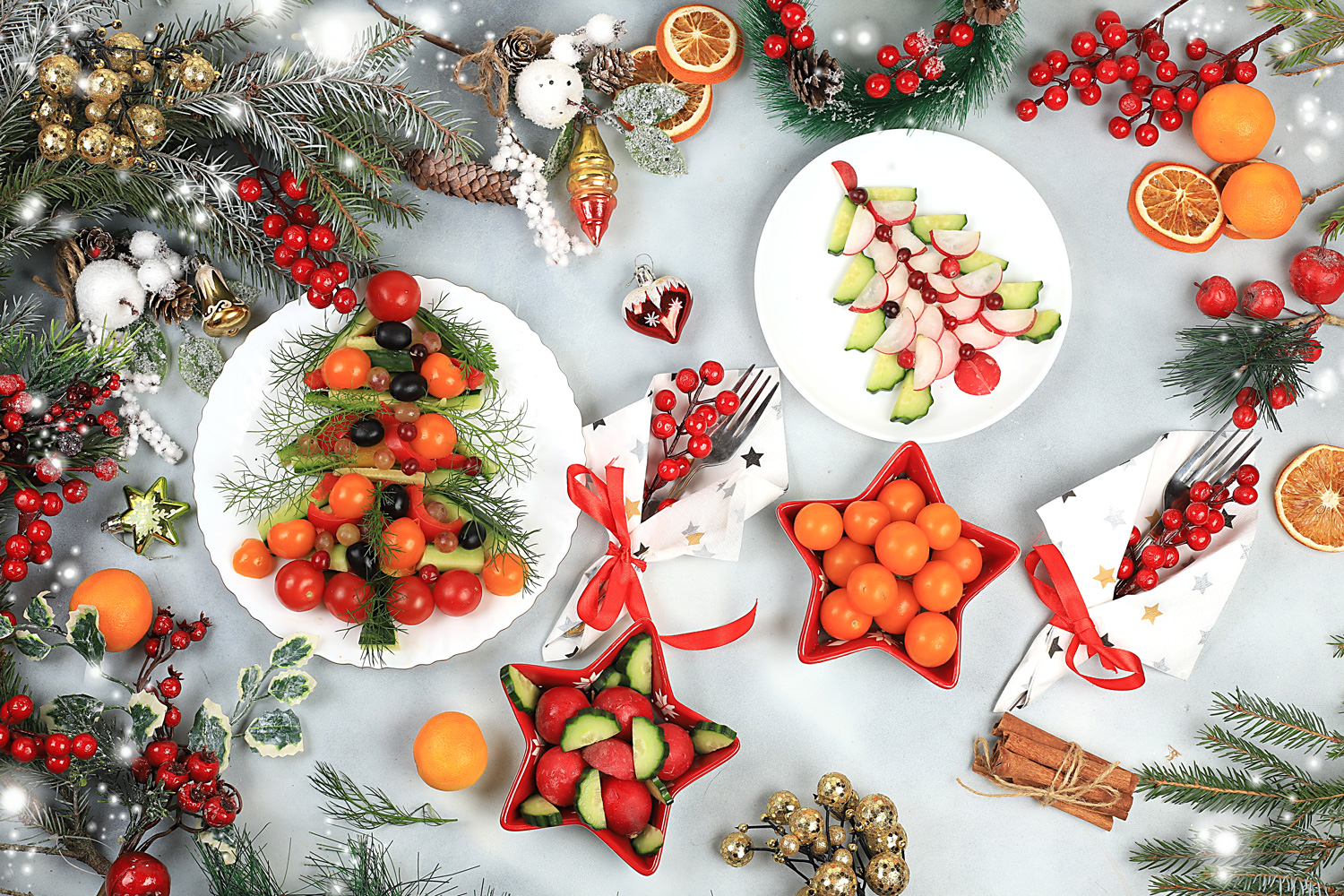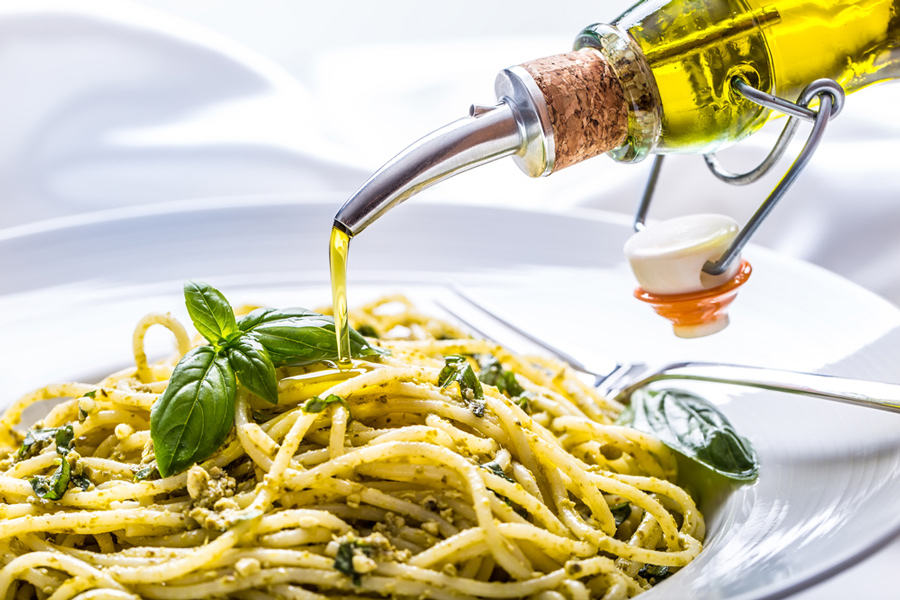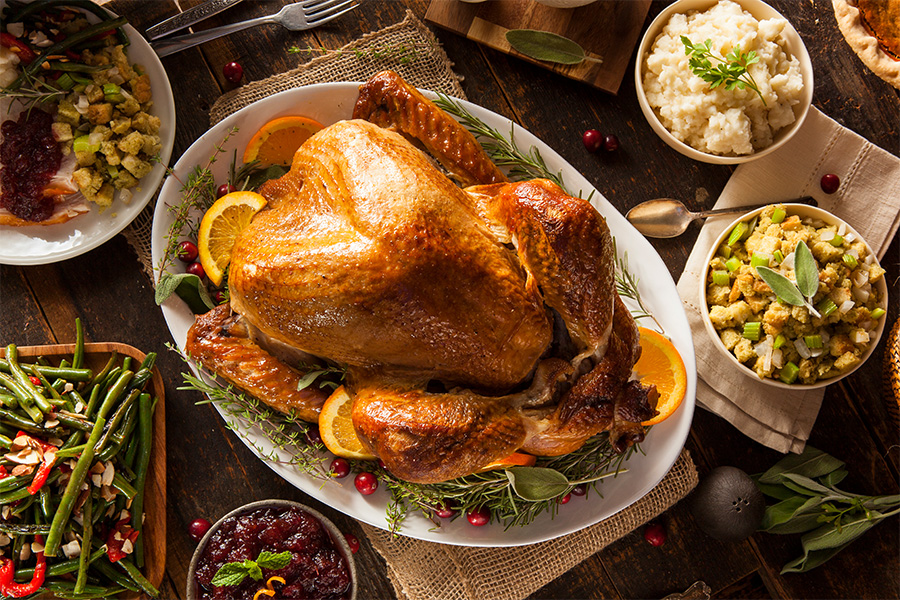Holiday Food
-

C 1364-09
Enjoying the Holidays with Diabetes
For people managing diabetes, the holiday season can bring unique challenges. This resource will help you plan ahead and strategize so that you can enjoy parties and time with friends and family while keeping your blood sugar in control.
Hsuan-Mein Yang, Ines Beltran, Ariathni Powell, Maria Rossi, and Michelle A Parisi
|
-

Making homemade infused cooking oils comes with food safety risks, particularly for those infused with garlic and herbs. Infused oils can enhance flavor and food presentation, but the combination of oil, garlic, and herbs creates an anaerobic (low-oxygen) environment, which is ideal for the growth of the bacteria that causes botulism, which can produce a deadly neurotoxin. The publication provides essential safety tips, such as sterilizing containers and thoroughly washing and drying ingredients, to prevent contamination and ensure safe oil infusion. By following these guidelines, home food preservers can create flavorful infused oils without compromising safety.
Carla Luisa Schwan
|
-

Read about safe thawing, cooking, and storing a turkey, including current estimates of the time needed for safe thawing and cooking. Because bacteria can multiply rapidly at room temperature, never defrost a turkey on the counter! The cold water and microwave methods may be used when you don’t have time to thaw your turkey in the refrigerator. Whole poultry is safe when the meat is cooked to a minimum internal temperature of 165 °F as measured with a food thermometer. All turkey meat, including any that remains pink, is safe to eat as long as all parts reach at least 165 °F.
Carla Luisa Schwan
|